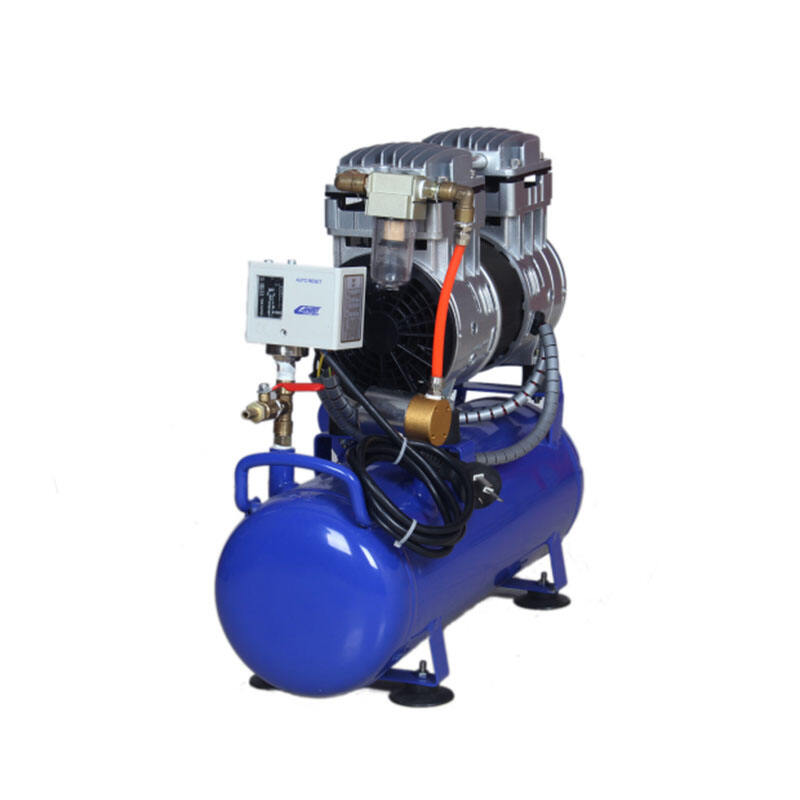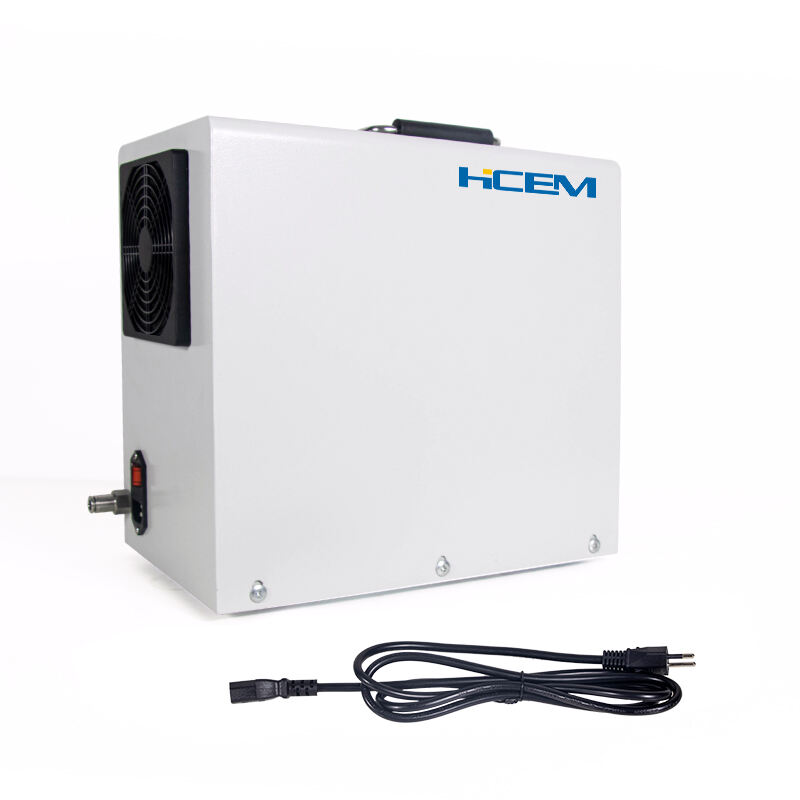Vakuumske pumpe so osnovne orodja, ki jih uporabljajo znanstveniki in drugi ljudje, ki se ukvarjajo s delom v laboratorijih. Večina teh pompu je ključnih, saj iz vsebinskih posodo mora biti odstranjen zrak in druge plinove. Ko je zrak odstranjen, se ustvari posebna prostora, ki jo imenujemo vakuum. To ustvari nadzorovano, precizno okolje za delo z materiali. Če ste kakšen znanstvenik ali akademic, ki izvajate raziskovalne delavce v laboratoriju, vendar nimate pojma o vakuumske pumpe v laboratoriju, posebej kako so namenjene različnim poskusom.
Laboratorijski vakuumski pomagaj je poseben pripomoček, ki deluje z namenom odstranjevanja zraka iz vsebine laboratorijskega posode. Deluje tako, da izvleče zrak in ustvari vakuum v tej posodi. Tak vakuum je potreben, da lahko na primer znanstveniki izvajajo isto eksperiment v različnih pogojev. To pomeni, da ni prisotnih zrnavih delcev, ki bi motili eksperimente. To bo omogočilo znanstvenikom, da pridobijo točnejše rezultate in boljše ugotovitve.
Vložek v kakovostno laboratorijsko vakuumsko pomoč lahko zelo po hitrosti in poenostavi vašo delo. Vakuumsko pomoč je zelo učinkovita pri odstranjevanju zraka in plinov. Boljše je odstranjen zrak, tem bolj lahko znanstveniki izvajajo svoje poskuse učinkoviteje. Čas in denar, ki jih šteti na dolgi rok, sta od ključnega pomena, ko gre za raziskave. Možnost izvajanja poskusov lahko poveča proizvodnost vaše laboratorije kot celote.

Razmišljanja pri izbiri laboratorijskega vakuumnega pumpe, začnimo z vrstami poskusov, ki jih boste izvajali. Vendar pa obstajajo različne vrste vakuumnih pompij za različne poskuse. Prav tako upoštejte velikost svoje laboratorije. Velikost laboratorija - ne vse pumpe so primerna za velike laboratorije. Zadnji, a morda najpomembnejši točka, ki jo morate imeti v mislih, je vaš proračun. S temi stroški, vse laboratorijske vakuumne pompe niso enake, zato se lahko razlikujejo glede na njihov strošek. Med različnimi vrstami vakuumnih pompij, kot so rotacijska fižolarja, diafragemska ali scroll pumpa. Vsaka pompska sistema ima svoje prednosti in slabosti, zato morate izbrati tisto, ki najbolje ustreza vašim potrebam in poskusom.

Da podaljšate življenje vaše laboratorijske vakuum pompe, morate jo pravilno održevati. Redna održavanja je ključnega pomena. To vključuje seveda čiščenje filterjev v pumpe in spreminjanje njenega olja po terminu. Čiščenje pumpe bo izboljšalo njeno delovanje in izognilo težavam. Prav tako je ključnega pomena, da uporabljate pumo po navodilih proizvajalca. Če sledite navodilom, naj bi vaša puma trajala leta in zagotavljala nezadovoljivo storitev. Če želite, da ostane vaša laboratorijska vakuum puma učinkovita, jo lahko bolje održujete.

Laboratorij lahko izvaja tako številne naloge z uporabo laboratorijskih vakuumnih pumpe. Te so uporabne za vse, od preproste laboratorijske dela do bolj kompleksnih raziskovalnih študij. Pogost primer uporabe vakuumne pumpe je destilacija pod zmanjšanim tlakom, kjer se tekoče mešanice ločijo na podlagi točk varnjenja pri nižjih tlakih; filtriranje s sucanjem za ločevanje pekljivin od tekočin in sušenje s spremljajočim odstranjevanjem vlage. Poleg tega so vakuumne pumpe uporabne tudi v hranošolski industriji; za zaklepovanje in shranjevanje različnih izdelkov. Z odsajanjem zraka iz pakirnic zagotavljajo, da hrana ostane čerstva dlje.